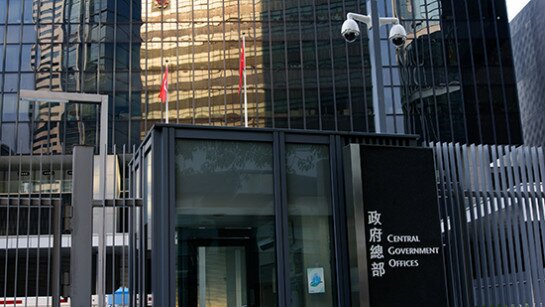Consumer Council's Views on Companies (Winding Up and Miscellaneous Provisions) (Amendment) Bill 2015
1. Consumer Council is pleased to have the opportunity to give our views on the legislative proposals to improve corporate insolvency law to the Bills Committee of the Legislative Council.
2. Whilst appreciating the underlying objective of the legislative proposals to facilitate more efficient administration of the winding up process and enhance protection of creditors through streamlining and rationalizing the winding-up procedures and process, the Council invites the Bills Committee to give due consideration to the vulnerability of consumers as unsecured creditors in the event of corporate insolvency of a retail merchant.
3. The Council believes that in framing the corporate insolvency law regime, the Government always attempts to balance the interests of different classes of creditors and the whole society from a wide perspective. As an example to illustrate, employees have long been given preferential status as creditors in a winding-up process and the Protection of Wages on Insolvency Fund was established presumably from a social security perspective in consideration of their vulnerability.
4. In the context of insolvency of a retail business corporation, consumers share similar vulnerability as employees.
5. Being part of the class of unsecured creditors, consumers are much likely to be able to recover nothing or only a tiny fraction of proceeds when the realized assets of the insolvent company are distributed. Consumers are often asked to make prepayment to merchants for goods or services which are to be delivered at a future date, for examples, when booking a holiday, paying for beauty treatment or fitness club membership, buying purchase coupons, making online purchase or group purchase etc. Unlike lenders, suppliers or investors, consumers lack the means to assess the information about the financial viability of the retail merchant and are not in a bargaining position to negotiate the terms to mitigate the default risk or insured against such risk, When making such prepayment, most consumers often unwittingly bear the risk that the retail merchant may fail to supply the goods or services they paid for due to insolvency, which could happen all of a sudden. A sudden closure of a mega retail store as exemplified by the failure of the DSC chain, may prejudice the interests of tremendous number of consumers.
6. Although there is in place certain redress for consumers affected by corporate insolvency, such as chargeback protection offered by credit card issuers in limited circumstances, and the compensation provided by the Travel Industry Compensation Fund in case of travel agency failures, such measures are limited in scope and fail to provide a comprehensive and adequate safety net to consumers across different sectors and income groups. Corporate insolvency would tend to more adversely affect the prepaid consumers of the less well-off and low income group.
7. In light of the above, the Council invites the Bills Committee to seriously consider a more fundamental change and reform in the corporate insolvency regime in Hong Kong to the effect that the position of consumers is moved up on the list of creditors so as to compensate the inequality in terms of bargaining power and access to information between consumers and other unsecured creditors.
Consumer Council
24 November 2015












